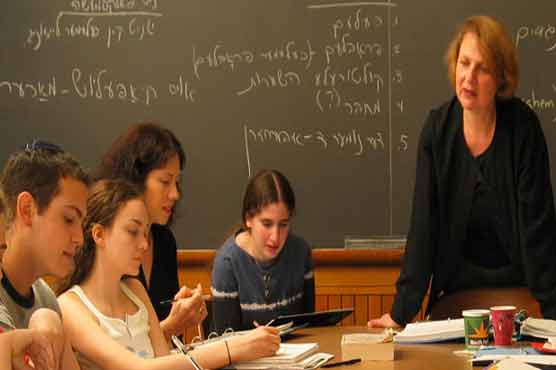Quality education and quality of teacher training

Socio-emotional challenges faced by serving teachers in full time-training.

Socio-emotional challenges faced by serving teachers in full time-training.